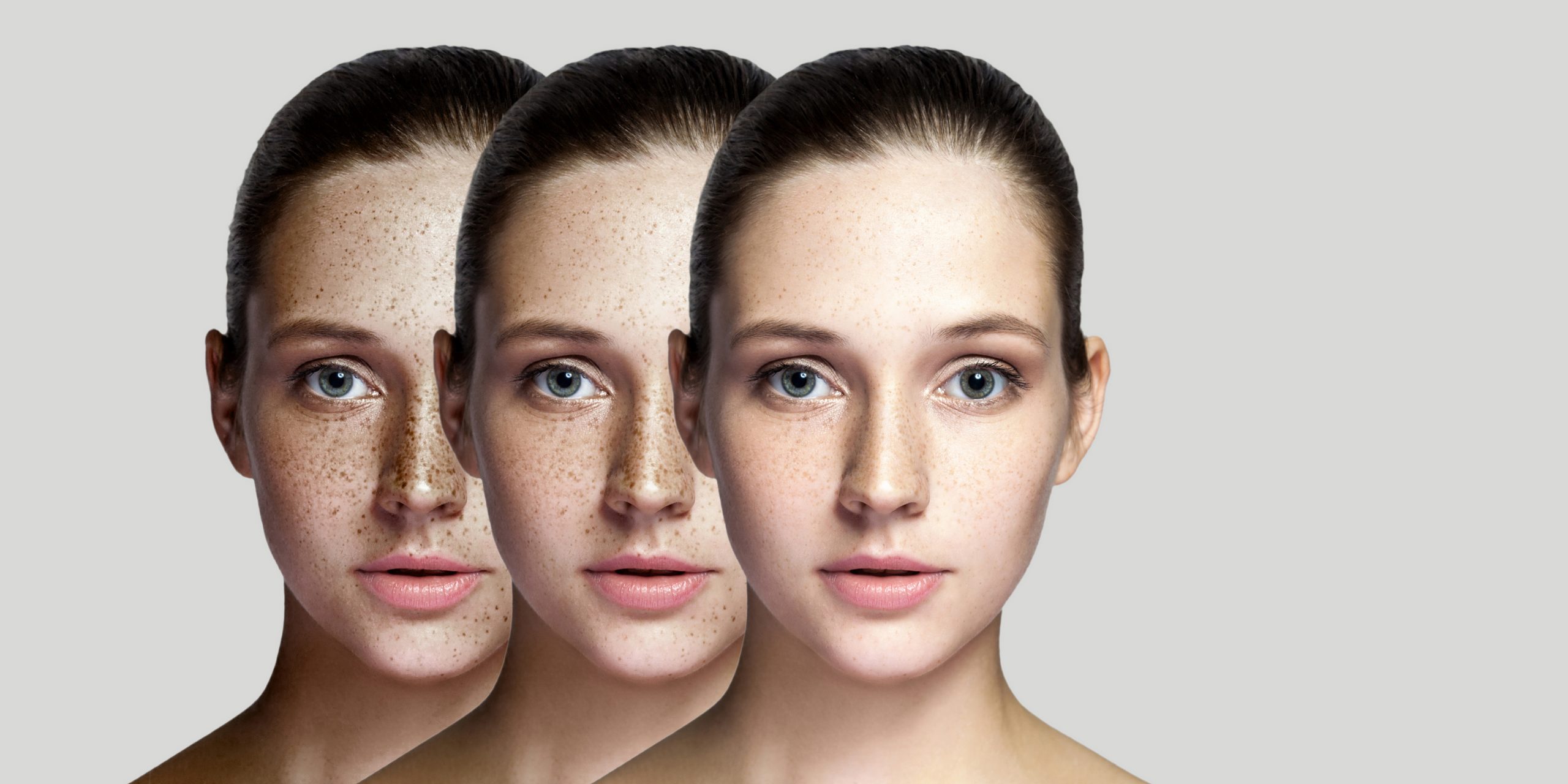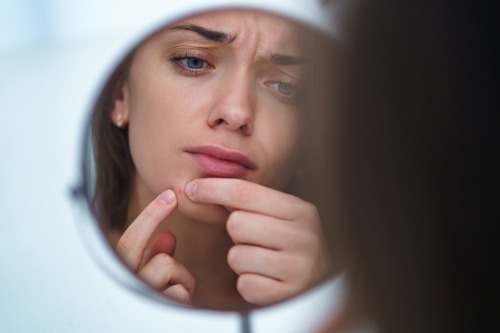
04 August 3 Ways To Treat & Prevent Hyperpigmentation for Good
Clear, spotless skin with a plump, hydrated feel is the sign of a healthy, youthful appearance. But as years pass by, the occurrence of brown spots as a result of acne scars, exposure to sun and/ or medical conditions can overshadow your skin’s natural beauty leading to hyperpigmentation. Luckily, there is a wide range of medical grade treatments and skincare that can help erase these stubborn spots permanently. While it is very common and a usually harmless condition, dark spots around your hands, and face can majorly impact self-confidence.
Before implementing any solution, it is important to understand the underlying cause to treat hyperpigmentation in a way that targets the problem at its roots. Hyperpigmentation is overproduction of melanin, a pigment that helps protect the skin from harmful sun rays and makes it darker, in a particular skin patch – it can affect people of all skin tones in varying degrees.
Sun Overexposure:
One of the leading causes of hyperpigmentation is overexposure to sun. Especially during summers when our skin faces harsh direct sunlight, our skin produces extra melanin that gives you a bronzy tan but it can also mean solar lentigines, i.e; sun spots will start making an appearance on your skin. While preventive treatments and products can help, a single day of excess sun can undo months of treatment. As the sun exposure increases, the pigmentation darkens.
Inflammation:
One of the biggest skin sins is to pop that pimple, over-itch that bug bite or squeeze out that blackhead. The more you irritate your skin, the darker the residual spots are going to be. Any kind of skin irritation or inflammation causes the pigment-producing cells into overdrive, leaving behind a dark spot even after the injury is recovered.
Melasma:
Commonly found in pregnant women, melasma are dark brown patches of skin appearing on the skin due to hormonal changes and genetics. Women taking oral contraceptives are also prone to this as the body undergoes similar hormonal changes that an expecting mother does.
Scientifically-Approved Ways To Treat & Prevent Hyperpigmentation
1. Skincare Products
Today there is an ample range of options for medical grade skin care including creams that will help fade, lighten and bleach the dark spots to match your skin’s normal colour. This combined with a broad spectrum (blocking both UVA and UVB rays) sunscreen will help keep your skin even and glowing.
Products with moisturizing agents such as glycerin, hyaluronic acid or retinol will also help boost cell turnover. This in turn will restore the skin’s lipid (fat) barrier to further protect it from sun’s damaging rays.
2. Avoid Touching Acne, Blackheads and Other Injuries

No matter how tempting it might be to itch that bug bite or pop the massive pimple, don’t pick at it. Any kind of skin irritation including scratching, intense rubbing or picking will only increase the inflammation, leading to skin discolouration. Once those dark spots appear, it is advisable to treat them as soon as possible as brown spots move deeper into the skin over time.
Skin whitening treatments containing Vitamin C, kojic acid or Vitamin E will help reduce hyperpigmentation by lightening the dark spots. However, it’s necessary to read package instructions carefully as an overdose of these elements can further irritate the skin.
3. Treatments
To reduce the impact of hyperpigmentation, Dr. Victoria Manning and Dr. Charlotte Woodward recommend IPL Skin Pigmentation treatment. The Lumenis M22 Resurfx treatment targets sunspots and age spots found on the face, decolletage and back of the hands for a spotless complexion. With visible improvement from the first session, the long lasting treatment delivers short IPL pulses over an interval of time to target the spots.
An equally effective alternative are medical grade chemical peels. Tailored to individual skincare needs, the advanced range of skin peels offered at our clinics include treatments from Obagi and ZO, that work effectively to remove skin’s top layer revealing a brighter you. “Patients after a skin peel have a much more even skin tone and brighter complexion. This is perfect for people who suffer from hyperpigmentation and are prone to breakouts,“ says Dr. Victoria Manning.
Find out how these treatments can help you achieve radiant skin by booking your consultation here.


